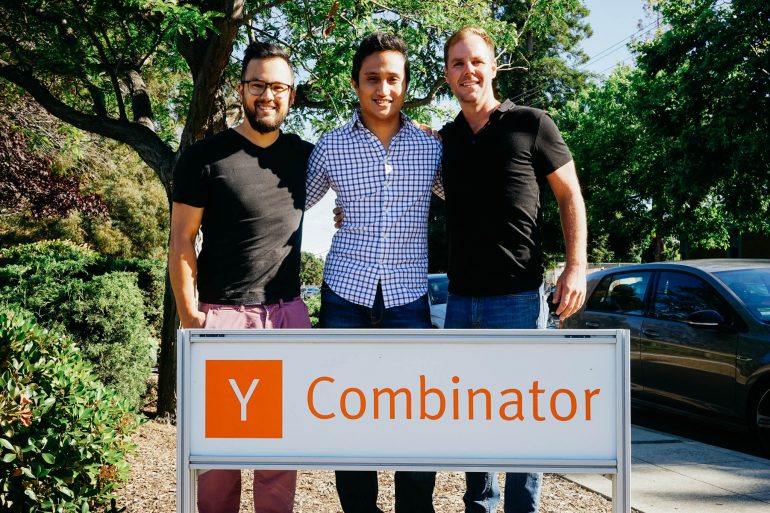The trucking industry isn’t exactly regarded as one that’s eagerly embracing technology — all that many working in this industry have ever known are endless phone calls between customers and co-workers, long email threads between more than five people at a time, and being left in the dark as to where the freight actually is.
Rose Rocket is trying to change that by “automating everything — except for the truck,” according to Justin Hein, co-founder of the company. Rose Rocket is developing an end-to-end platform targeting smaller, less-than-truckload (LTL) carriers. Through Rose Rocket, companies can log pickups and deliveries in real time, send notifications to customers about the status of their delivery, and communicate directly with customers.
“It’s humbling to have a failure under your belt, and being able to take time off and say, ‘where did I not listen, where did I go wrong.’” – Justin Hein, co-founder of Rose Rocket
It’s a stark contrast to what trucking companies are doing now; Hein said that many are still working with software built 25 years ago. But he also says that the industry couldn’t really be disrupted until now. “The industry is not as fast moving as others for sure, but until now, we hadn’t gotten to the point where technology broke through certain barriers and all customers now have computers, all drivers have smartphones, and everybody at the trucking office has an internet-connected device,” said Hein. “We built the solution from the ground up here in 2016, and we’ve taken advantage of technology.”
The Toronto-based company moved to Silicon Valley for Y Combinator’s summer 2016 cohort, which recently came to an end, with Rose Rocket walking away with some funding from the incubator. While Hein declined to say how much they raised, Y Combinator invests $120,000 in startups twice a year.
The team is planning on moving back home to Toronto in the near future, but the team is staying put in the Valley for now, to see how the business evolves as the company pursues pilot projects over the summer. Hein jokes that he feels like he’s on the set of Silicon Valley with the founders all sharing a house together — complete with a pool — working away on their product.
“It’s been one of the most interesting and fun summers of my entire life, definitely the most pressure, and it’s been some of the most memorable moments of my professional career,” said Hein. It’s an especially true statement for him and his team, who failed with their first startup, FR8nex, which targeted shippers managing trucking companies. That experience taught them that they should move towards helping trucking companies themselves.
“The failure was essential. Something has to be different about you to say ‘I’m going to create something else that no one has created, and I think it’s a good idea’ — when everyone else is telling you that it’s a bad idea. Inherently, you have to have a different worldview,” said Hein, who added that this also means you might not listen to the right people or customers at first.
“It’s humbling to have a failure under your belt, and being able to take time off and say, ‘where did I not listen, where did I go wrong.’ Then you get to the second startup and you’re just so much farther ahead,” said Hein. “All startups are a struggle, but it was a nice counterpoint to find that breakthrough and find that you’re solving a real problem.”
Photo via The Macro


